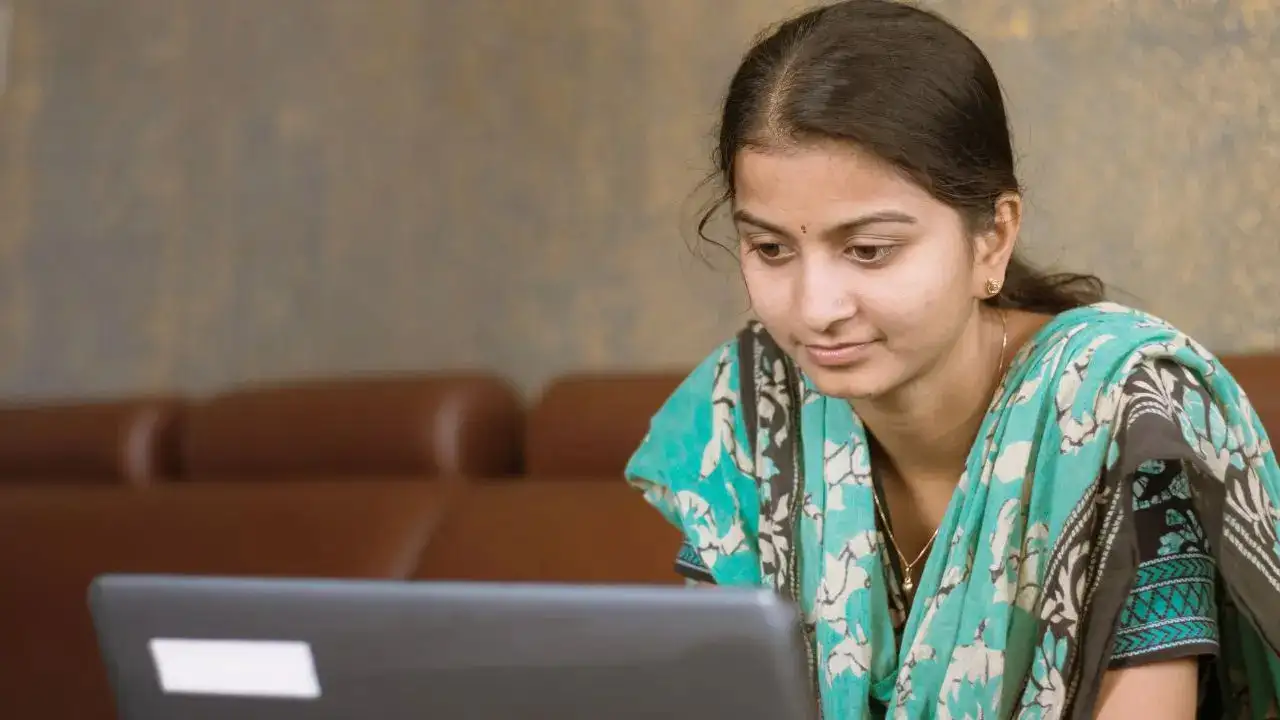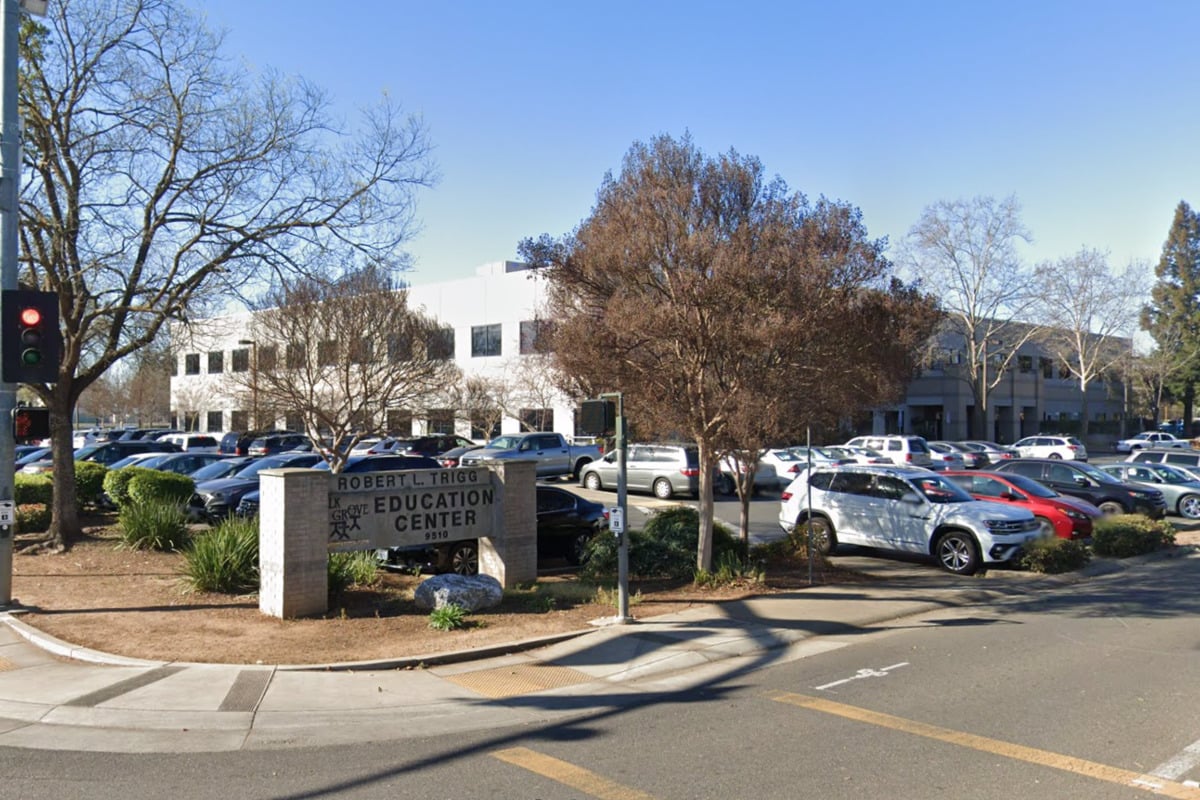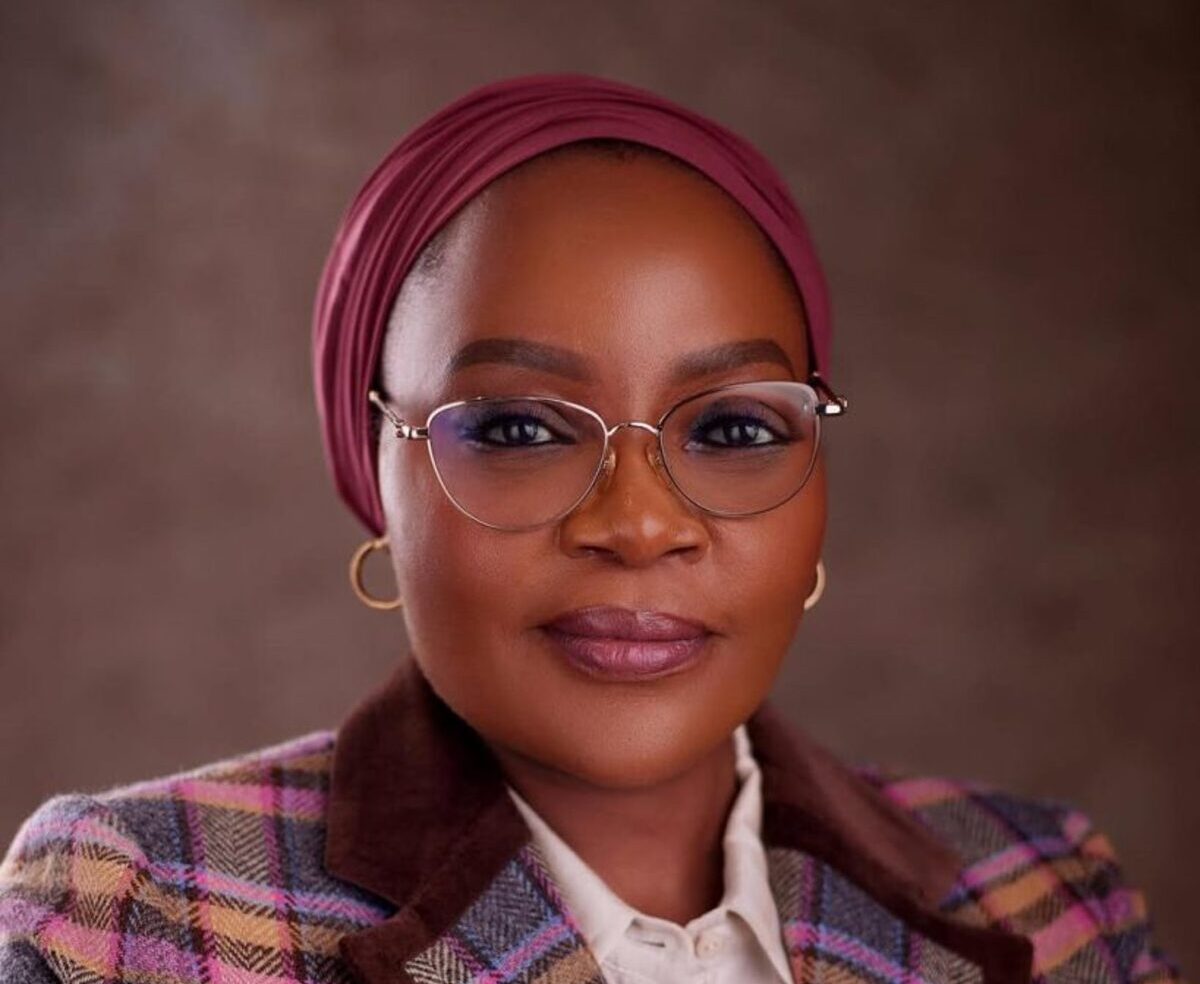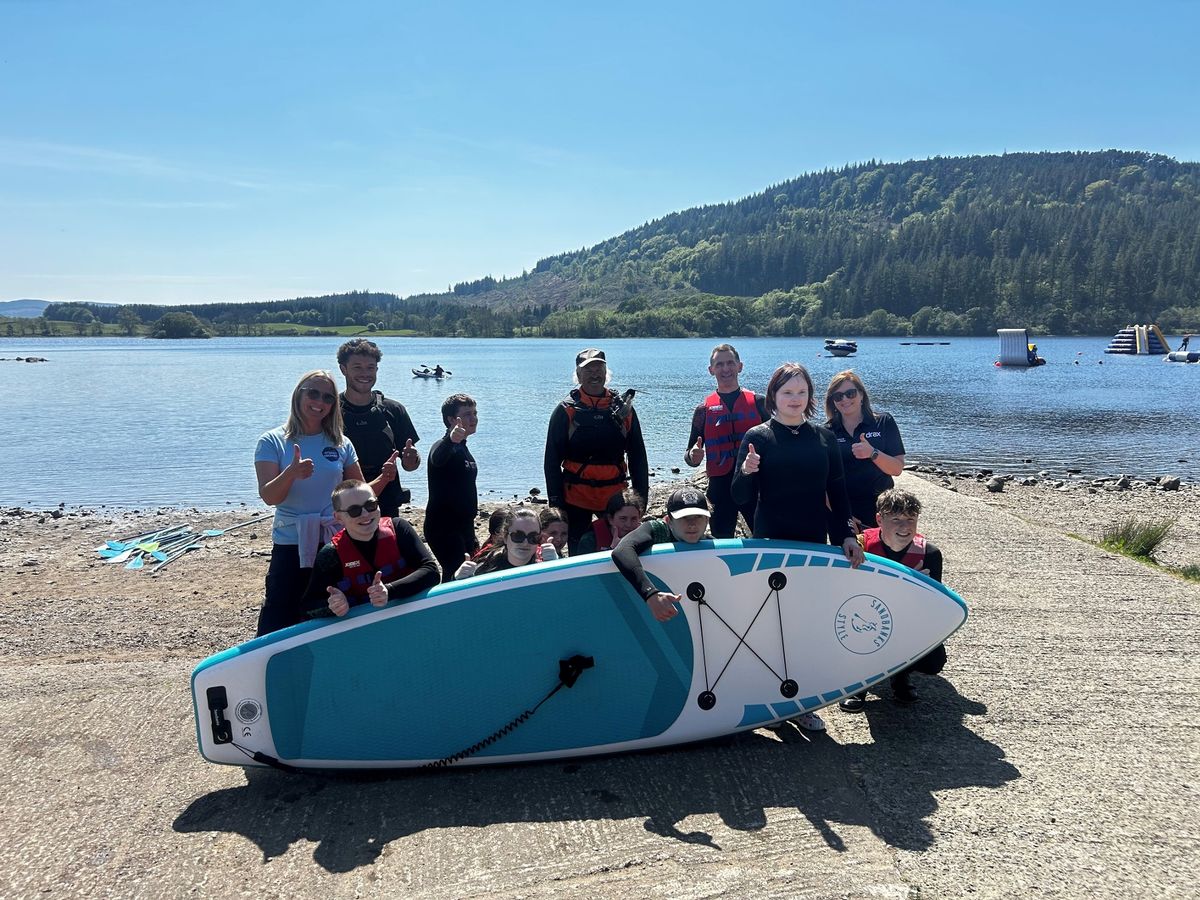Greek PM Mitsotakis’ Conversation With The Wall Street Journal Editor in Chief Emma Tucker
By Achilleas Kouremenos
Copyright thenationalherald
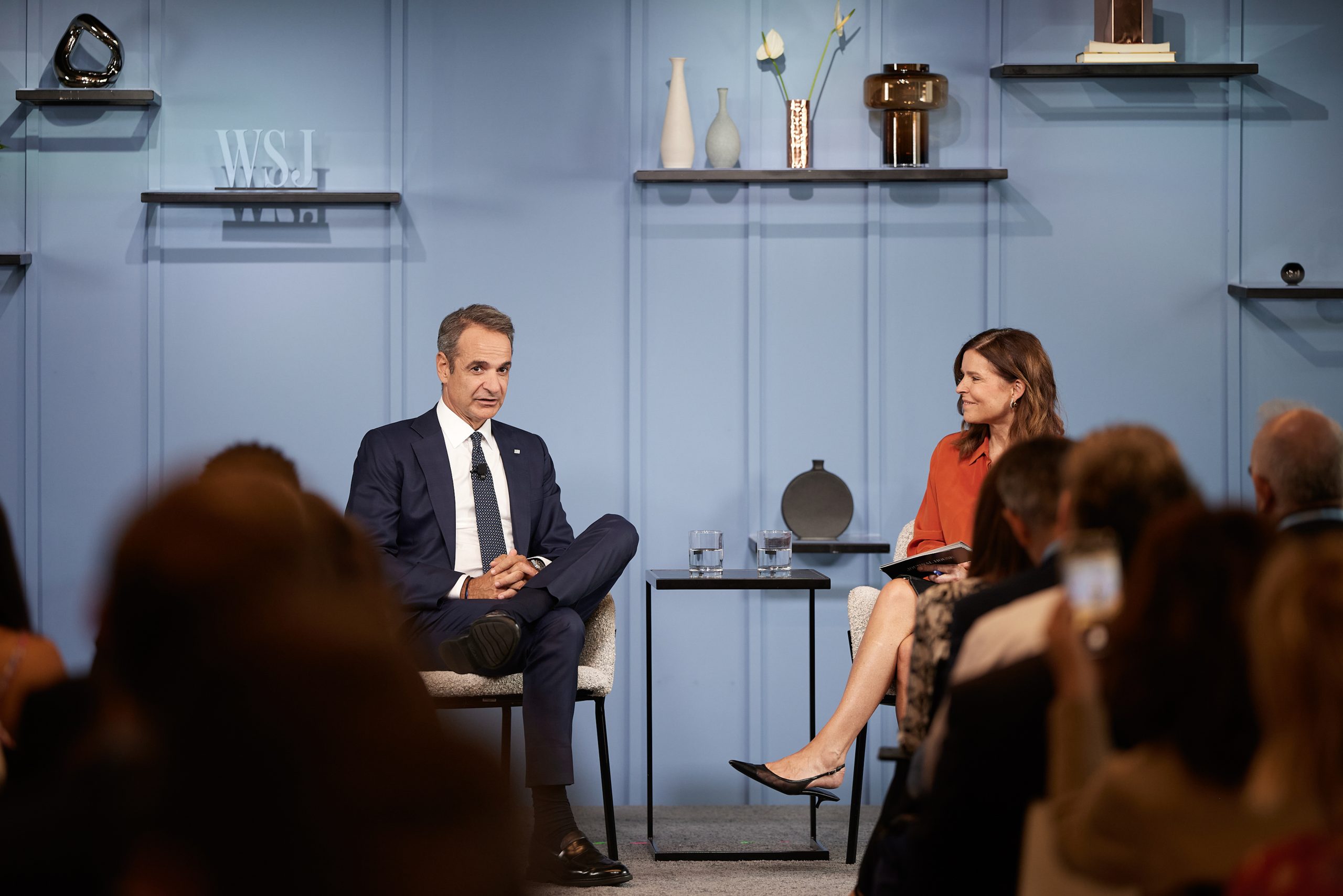
ATHENS – Prime Minister Kyriakos Mitsotakis participated in a conversation with the editor in chief of The Wall Street Journal Emma Tucker, on the sidelines of the High-Level Week of the 80th United Nations General Assembly in New York.
The entire discussion follows:
Emma Tucker: I’m looking forward to having a conversation about this very interesting ‘economic’ journey that Greece has been on, as well as the interesting position that Greece finds itself in in this fragile geopolitical world. But before we do that, I just wanted to start by saying that pretty much everyone I know, including myself, went to Greece this summer. It’s like, move over Italy, move over France. Greece is where everyone is going. So I’m just curious to know, what have you done to encourage this boom? And also, where did you go for your summer holiday?
Kyriakos Mitsotakis: I went to Greece. Well, first of all, thank you. Thank you for choosing Greece for your holidays. You’re one of the 36 million people who decided to take the trip to Greece. And of course, tourism is the biggest sector in Greece, not the only one, but the biggest sector. And we’re very happy that more people choose Greece, especially more people from the United States. We’ve had more than 100, I think, weekly flights into Athens, nonstop flights from the US. We’ve really opened up the US market, and this has been very, very encouraging for Greek tourism.
For us, when we think about tourism, the real challenge is to balance growth with sustainability and well-paying jobs, and to encourage also a young generation of Greeks to enter the services industry. I think so far we’ve done a reasonably good job in terms of investing in higher-end tourism. This is always a challenge, and to ensure that whatever gets built or renovated meets very high sustainability criteria. It’s not always easy because the Greek brand was more of a mass tourism brand. Of course, mass tourism is still an important contributor, but we really want to move the product upmarket.
Emma Tucker: On the issue of the economy then, of which tourism plays an important part, I want to talk about this remarkable journey. I mean, 10 years ago, Greece was on the brink of a huge default, crashing out of the Euro. Since then, it’s been 10 years, you now have one of the fastest-growing economies in the EU. You’re running budget surpluses. My question is: Is Greece back?
Kyriakos Mitsotakis: It certainly is back. I think all the numbers confirm that. But the journey and the story that Greece is telling, I think, is also relevant for a broader, I think, European and maybe even a global audience. It is a contrarian story if you think about where we were. Ten years ago, the Greek 10-year bond was around 9.5%, and the French 10-year bond was at 1%. Today, Greece is borrowing cheaper than France and Italy, and not many people would have placed that bet even two or three years ago.
So this has been a remarkable, in my mind, turnaround story. It has been a story that has focused on macroeconomic stability. Greece is producing not just primary, but also real surpluses. In that sense, we’re the exception to the European rule. If you look at the number of countries that are currently under European surveillance, that tells the story of the problems that European economies are facing. We are not in that position. We’re producing surpluses that allow us to further cut taxes, support the middle class, and create a virtuous cycle where growth brings in more revenue, which allows us, again, to cut more taxes and to invest in our public services.
I think we’ve broken out of the habits of the past. It took some difficult and painful reforms to actually do that. It’s always difficult to explain to people that you have to produce a surplus because we still have to bring our debt down. But if you look at the pace at which we have reduced our debt, it’s been pretty impressive. This is the fastest reduction of debt to GDP of any OECD country. This has been reflected in the way the markets have treated it.
But this is primarily an investment-led growth. It should not be a consumption-led growth. It’s also a growth that is slowly but steadily changing the fabric of the economy itself, from an economy that was very dependent on tourism to an economy that is also attracting investment in other sectors where we have a comparative advantage.
We brought in more than 30 billion of foreign direct investment over the past six years. If you look at the past 20 years, that number was under 30 billion. In five years, we did better than Greece had done in 20 years when it comes to foreign direct investment. We still have challenges that, that of course, we need to address, improve productivity, address less labour shortage challenges.
But I prefer to have that problem than the opposite, because when I took over, unemployment was at 18%, and youth unemployment was at 30%, and now unemployment is at 8%, and employers are telling me that they cannot find skilled workers, whereas six years ago, young people couldn’t find a job.
Emma Tucker: It has undoubtedly been an incredible turnaround, but it is the case that, as I understand it, Greece’s GDP is still below the level it was at in 2008. You are still one of the poorest countries in the EU. There are two particular issues I wanted to ask you about which represent challenges. One is the COVID funds that you got from the EU, which have been suffusing the economy, but which are due, I think, they end next year. That’s one challenge. The other one, that, of course, is this tourism boom. It’s wonderful, but tourism is fickle, there’s an element of ‘revenge tourism’ still post the pandemic. How are you going to tackle these two challenges? Also, even if your turnaround has been great, the fact is, structurally the economy still has a way to go based on some of these economic indicators.
Kyriakos Mitsotakis: I think you’re right to point out that we still have significant challenges ahead of us. I think the comparison to the 2008 numbers, in my mind, is not particularly relevant. Why? Because if you look at the numbers before we went bankrupt, they didn’t really reflect the health of the economy because we ended up going bankrupt, because we were spending more than we could actually afford. When people ask me about these numbers, I tell them, yes, but this was a debt-fuelled consumption-driven growth, and we don’t want to go back to those days.
So yes, we’re catching up with Europe, and this has been my main target, convergence with Europe. We need to grow faster than the eurozone average in order to be able to do that. We also need to reduce income inequality. We focused a lot on minimum wage. If you look at the minimum wage, it was €650 when I came into power, it’s €880 now. So we rank 11th in Europe.
So we have clearly tried to focus on those who have a difficulty in making ends meet.
Now, to the challenges that you pointed out, the COVID funds, what we call ‘NextGenerationEU’, has been a big boom for the Greek economy because it has allowed us to invest in various sectors which are critical, but also to improve our public services.
Yes, they do come to an end in 2026, but there are still significant structural funds available to Greece and new funds which are related to climate change and social solidarity, which we can tap in. So there’s not going to be a sudden stop of EU funds. But for me, the main goal was to ensure that we absorb all the COVID funds and that they can actually help us in improving our competitors. I think we’ve done a good job in doing that.
Now, coming back to tourism, we have tried very hard to present an image of an economy to foreign investors that is well diversified. If you look at other sectors that attract foreign direct investment, this, I think, points to the argument that Greece is not totally dependent on tourism. Renewable energy, logistics, and infrastructure, agrifood, and the agricultural sector. Greece is exporting €8 billion of agricultural goods, and we still have significant room to improve in terms of addressing productivity issues in our agricultural sector. Healthcare services, education. We’re opening up our education market to nonprofit private investors. I envision that Greece can become a regional healthcare and education centre.
And of course, technology. What’s happening in tech has been pretty impressive. Out of the crisis, emerged an ecosystem of young technology-driven entrepreneurs who have been doing great things in Greece. For us, the fact that we have a dynamic diaspora is a tremendous comparative advantage. I don’t want to get too much into US domestic politics, but what I can tell you is that we’ve seen a lot of interest by Greeks and Greek founders to bring their tech teams back to Greece because we want to open up our economy to foreign talent, but we want to do it in an organised and disciplined manner.
Emma Tucker: That’s an interesting thought there. As I understand it, the tech sector – the size of it in the Greek economy is roughly 3%, and you’ve talked about making it 10%. So how are these returning? Because obviously there was a brain drain after the financial crisis. Are you telling me that lots of young, dynamic Greeks who left for the US, set up their own companies are now going to bring those back.
Kyriakos Mitsotakis: What I’m saying is that for the first time, we see more people returning to Greece than Greeks leaving Greece. We’re reversing the trend, and this is very encouraging.
Emma Tucker: Are they all coming back from the US?
Kyriakos Mitsotakis: No, they’re coming back from Europe. Some of them are coming back from the US. But what Greece offers now is good job opportunities. I think an overall stable climate of political and economic predictability. If you want to take your family and return to Greece, this is a long term important family decision. You want to be certain that you’re doing the right thing.
Emma Tucker: How long then do you think you get from 3% to 10%?
Kyriakos Mitsotakis: Well, it’s probably going to take us a decade to do that. But what I do see is an incredible appetite for investments in tech. The big hyperscalers are already all in Greece. We are an attractive destination for data centres. For the moment, we’re building medium-sized data centres, but we’re also looking at giga data centres.
And of course, the fact that we have access to amazing talent helps us in pitching Greece as an investment destination. If you look at the AI ecosystem, Greece is overrepresented in terms of AI scientists in the top institutions. One of the reasons companies look to set up shop in Greece is because they have access to excellent human capital.
Emma Tucker: A characterisation of Greece has often been a lot of red tape, a lot of bureaucracy. It takes too long to get permits. I mean, I read somewhere that it took Microsoft four years to get a building permit for a data centre it wanted to build there. How are you tackling that particular problem?
Kyriakos Mitsotakis: I think it’s a fair criticism, and we’re constantly working to reduce bureaucracy and red tape. I think we have made significant improvements by digitising the interaction between the state and citizens and businesses. This has been a huge story, a very successful story of digital transformation. It’s been also recognised in Europe as an example of how one can make the public administration more efficient.
Of course, AI is offering huge opportunities in terms of automating repetitive tasks and making sure our civil servants focus on what is really important. Of course, many other challenges with AI, but we are very much on top of the agenda of how AI can improve the business of government. We’ve set up a special unit at my office to look at these types of projects, and we’re working with all the big companies who are interested in testing their ideas in Greece.
So yes, there is still room to improve when it comes to red tape. But for example, we have just codified our building legislation. This may sound like a trivial exercise, but before we had building laws that went back 100 years. And now everything is going to be in one code.
These are the mundane, boring changes that actually make a big difference when it comes to doing business in the country.
Emma Tucker: Is that going to help with the housing crisis? Because I know housing is a big issue, particularly for young Greeks.
Kyriakos Mitsotakis: Housing is probably the biggest issue that we’re facing right now. We recognise that Greece is also facing a cost-of-living crisis. Of course, wages have gone up. But in our case, we’ve just come out of a profound crisis. Of course, for those young people who are on rent, housing is a big burden. Five years ago, this was not an issue because the housing market essentially tanked during the crisis. But as the economy is growing, real estate prices went up. We need to address this problem both from the supply and the demand point of view.
We are, for example, offering, because our economy is doing well, we can afford to offer targeted support for people who are on rent. In November, we’re returning one rent to everyone in Greece. So essentially, we’re reducing rent by 8%. And of course, we want to make sure that we help young people. We’re offering very generous tax breaks. I just announced that anyone in Greece under 25, with income under 20,000, which is 99% of young Greeks who are working, is going to pay zero income tax, zero. If you are between 25 and 30, your income tax is going to be reduced from 22% to 9%.
We’re really sending a signal to young people who view the political establishment with a lot of distrust that “we care about you”. If the economy is over-performing, we can use this surplus to make sure that we support those who are in greater need. But of course, when you look at the supply of housing, I think for us, the biggest opportunity is to make sure that we bring back to the market housing stock, especially apartments in our big cities that during the crisis were run down. We need to make sure that we renovate them.
We offer incentives for people to renovate their apartments. We offer incentives for people to convert their rental agreements from short term to long term agreements. I think the question of short term rentals, what we call ‘the Airbnb problem’, is going to be addressed in a more substantive manner because it’s clear to me that certainly in certain destinations, short term rentals are crowding out long term rentals. This, of course, is restricting the supply of housing, driving up prices.
Emma Tucker: You talk about the importance of stability, political stability. But Greece, like a lot of other European countries, is facing the challenges of populism, particularly from the far right. How does a country like Greece, and you heard what President Trump said yesterday about Europe going to hell. How does a country like Greece, or how do you think Europe should tackle the challenges that it faces when it comes to populist parties?
Kyriakos Mitsotakis: I don’t think we’re going… Greece is certainly not going to hell. We may not be going to heaven, but I think we’re doing much better than many other European countries. But of course, as you pointed out, we start from a lower base.
Two points. First of all, on populism. Greece experimented with populism. In 2015, we were way ahead of the curve. We elected a populist government, and we paid a very heavy price. A third programme, and essentially, we delayed our exit from the crisis by four years. So these memories are still present in Greece. Of course, people do tend to forget, and we need to remind them how things were a decade ago and what progress we have made, because no progress is irreversible in a democracy.
Having said that, we won a second mandate by doing what we thought was the right thing, and by speaking truth to people, and by not engaging in populist policies. So we demonstrated that you can actually win an election… And hopefully we’re going to win another election, because we are right now, if you look at the polls, we are way, way ahead of the second party. Granted, we also are in our seventh year. There are reasonable complaints by people, but we’re still the only political power in Greece that has a plan for the country.
But, of course, the battle with populists is a continuous one. This is a war that we need to constantly wage. The only way for establishment moderate parties to win that battle is by demonstrating that we listen to people, we take their concerns seriously, because the grievances upon which populists feed are reasonable grievances. If a young person is telling me that, “Look, I’m still living with my parents because I can’t find a house”, or if there are reasonable concerns with health care, we need to address these problems.
But if people feel that they have a government that’s trying, it may not solve all problems. That’s honest. When we make mistakes, we tell them “Look, there are issues which we didn’t tackle as successfully as we could”. At the end of the day, when I’m going to present our record in 2027, that’s when we have our next elections, I will ask people to look back. What did I tell them in 2023? What did I deliver in 2027? Have I done a reasonable job? What’s my plan for the future?
And in my mind, that’s the only way to debunk populists. But of course, this brings us also to the question of running a government, being a moderate party in the era of social media and AI. It’s a huge challenge because these tools, I think, play directly into the hands of populists. I mean, they feed up on negative emotion.
Emma Tucker: But you’re taking this on, I understand. You’re a big TikToker yourself.
Kyriakos Mitsotakis: I am. I said, “Well, if you can’t beat them, join them”. So I did use TikTok.
Emma Tucker: I tried to look at it, but it’s all in Greek. It didn’t help me much.
Kyriakos Mitsotakis: Αt least they know that it’s me. So actually being able to create watermarked digital content that people know is our own is going to be critically important because we’re going to be swamped with deep fakes.
But I want to say a word about Europe. Because I think if you read the Draghi report, which I’m sure you’re aware of, it’s a punch in our stomach. And President Trump has his own way of expressing himself, but some of the issues he has with Europe are reasonable issues.
Our competitiveness is declining. We are all in favour of the green transition, but it needs to work for everyone. It can’t just be a transition that is so fast and hence so expensive that eventually it will marginalise those people who cannot afford it.
We need to take ownership of our own defence. We can’t just count, always count on the US, so we need to spend more on defence. So many of the problems that have been identified as European problems are legitimate problems that need to be addressed at the European level.
Emma Tucker: So I’m curious to know whether you’ve had a meeting with President Trump since he was elected.
Kyriakos Mitsotakis: No, I saw him yesterday at the reception. We said a few words. I did actually meet him. I was still one of those leaders that actually worked with President Trump during the Trump-1 presidency, and we had a very good working relationship. We have an excellent relationship with the US. It’s a strategic partnership. It’s a bipartisan relationship. As far as the bilateral relationship, it’s going from strength to strength.
Some of the points President Trump cares about, such as energy, for example, are also very relevant to our own strategy. Greece is becoming an energy hub for the Eastern Mediterranean. Chevron and Exxon are looking for gas south of Crete. We are big on renewables, but we also understand the role of natural gas as a transition fuel. We work very closely with the US on these topics, especially energy.
Six years ago, we were a marginal energy player at the European frontier. Now we have 17 billion cubic metres of gas transitioning through Greece. Only six is for our own needs because we are an energy security provider for the Balkans, and we send up gas up to Ukraine. We have a regional role to play when it comes to energy, which is particularly important.
Emma Tucker: Yes. It is indeed. Since we’re on geopolitics, I understand that you were due to meet President Erdoğan of Turkey. The meeting got cancelled. I’m sure it’ll be rescheduled. When it does, is the Chevron deal something that’s going to be on the table? What is it you were hoping to discuss with President Erdoğan?
Kyriakos Mitsotakis: I have met President Erdoğan seven times since I became Prime Minister. Those have not always been easy meetings, but I’ve always been in favour of having open channels of communication with Turkey. We discuss our problems openly.
When it comes to Chevron, there’s nothing to discuss with Turkey, frankly. We are exercising our sovereign rights south of Crete. This is something that was recognised by Chevron, and we will proceed on that path.
Having an open channel of communication with Turkey doesn’t mean that we agree with Turkey on all issues. If this sometimes, if whatever we do causes some discomfort with the Turkish leader, so be it. C’est la vie, as the French would say.
But we will continue to engage with them, constructively, and hopefully, trying to find projects that are of mutual benefit.
Speaking of tourism, we welcome more than 100,000 Turks in the islands of the Eastern Aegean because we offer them essentially visa-free entry. And this is, for example, a people-to-people project that demonstrates that when it comes to our relationships as people, we really can build upon this relationship to hopefully solve our…
Emma Tucker: There was a very boisterous Turkish family staying in the hotel that I was at, so there you go.
Kyriakos Mitsotakis: Good. Well, I know lots of Turks who choose Greece for their holidays, and they’re most welcome.
Emma Tucker: So just to get back to the US-Greece relations, I mean, the interesting thing is clearly you’re a big ally, but you also have an interesting and strong relationship with China, partly to do with the shipping industry, and I think they own the Piraeus port, don’t they? What is the challenge or what’s the opportunity, perhaps, is a better question, of sitting at this pivotal point between the US and China, or does it make life a bit complicated?
Kyriakos Mitsotakis: Well, first of all, let me point out that the Piraeus Port was sold to the Chinese during the crisis, and at the time, they were the only bidder. We’re a government that respects agreements that were made by previous governments. But if you look at the overall, I’d say, investment patterns of China in Greece, we have not seen many other investments. We’re very much aware of the fact that there are strategic sectors where we align ourselves fully with the US and with Europe in terms of protecting our strategic interests.
I would highlight that there’s another country which plays a particularly important role in our new geopolitical realignment, and that is India. This IMEC corridor concept, connecting India to the Middle East to Europe, is an idea that is very, very relevant to Greece. If you look at India, we’re the closest continental European country to India. We’re starting nonstop flights between Delhi and Mumbai and Athens. It’s a huge opportunity for us in terms of tourism, but also a huge market for us to penetrate.
When we’re looking, as Europe, to do free trade deals with other parts of the world, India should be at the top of our list. We just completed a free trade deal with Indonesia. I’m speaking of Europe, because trade is the exclusive competence of the European Commission. I do see the relation between Greece and India of being of particular strategic importance.
This was followed by questions from members of the audience
Responding to a question about what he would recommend to his counterparts in Europe in order to push through difficult reforms based on the recommendations of the Draghi report, given that the Greek government has managed to overcome many obstacles to push through the changes it has made in Greece, the Prime Minister noted:
“Well, I’d say, almost bring back the COVID urgency. I’m saying this because during COVID, we took incredible decisions. We created the NextGenerationEU fund. How did we finance it? Through common European borrowing, because we realised that we need more firepower. If Draghi is right, that we need to do more as Europe, and there are European public goods that need to be financed through European money, we also need to increase the European budget.
Defence is at the top of our priorities. I’ve been advocating for a special European defence fund that would be funded through joint European borrowing that would finance projects of common interest such as missile defence and anti-drone defence, which is a challenge that all European countries are facing. Now, that would be an important signal also to Russia, but also to the US, that we take our defence seriously.
Of course, there are lots of more mundane, but incredibly important initiatives such as cutting red tape. We have an omnibus bill in the European Parliament proposed by the European Commission. We need to find a majority to get it through. I’m also particularly focused on capital markets union, what we call Savings and Investments Union. If you look at the amount of money that leaves Europe, European savers investing in the US only for that money to return to Europe, it’s absurd. We need capital markets union.
Our stock market in Greece, which has a top performer, it’s been announced that it’s becoming part of the Euronext consortium. Big Italian banks are investing in our banks, but it means that at some point we need to push, we need to put our national interests aside and look at…
When I look at, for example, the French and the Germans fighting for who will have a controlling stake in the next generation Eurofighter, I said, “Sorry to be blunt, get your act together”. At some point, if we really want to invest in European defence, we need European cooperation. This cannot be just an ego game. Who’s going to take the leadership? Because we need to look at the bigger European picture”.
When asked about Greece’s specific position on the issue of renewable energy sources, Kyriakos Mitsotakis stated:
“We’re big fans of renewables. We produce more than 50% of our electricity from renewables. If you look at, for example, you get a windy and sunny day in September or October, for hours, the grid is going to run only from renewables. Renewables are important in bringing prices down, but we need base load power.
Of course, we need to invest also in the new technologies around renewables. We don’t want to be exclusively dependent on China for our solar panels. We want to explore new cost-competitive technologies. I think we also have the financing to support these types of initiatives and to market test them to understand what they can actually contribute. For us, it’s going to be renewables up to maybe 70, 80%, storage, batteries, pump storage, very important, reasonably cheap.
If you have the geography, Greece has mountains, as we discussed, beautiful mountains. Next time you come to Greece, make sure you visit mainland Greece and not just the islands.
The rest is probably going to be natural gas for base load power. And of course, interconnections, critical for Europe. We will not bring down the price of electricity in Europe if we don’t invest in our grids and our interconnections”.
